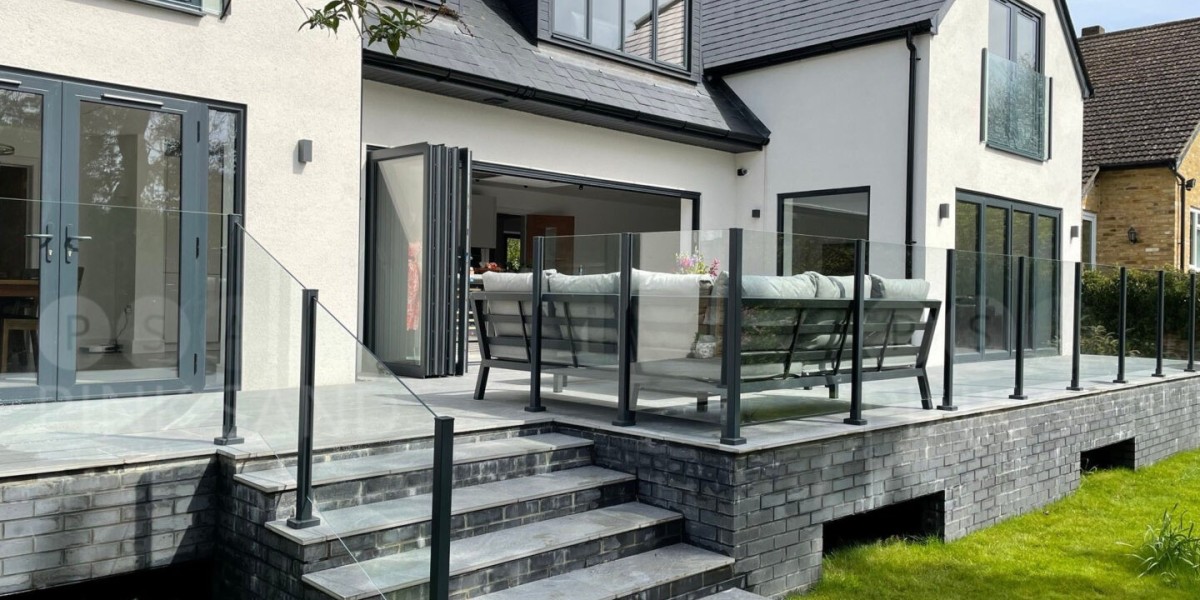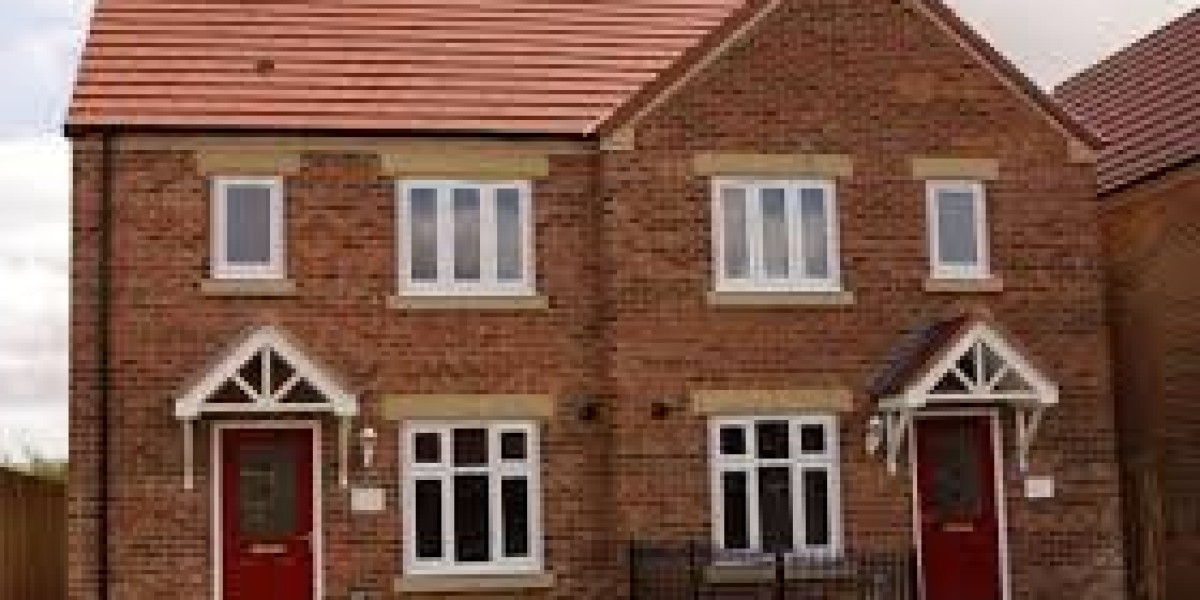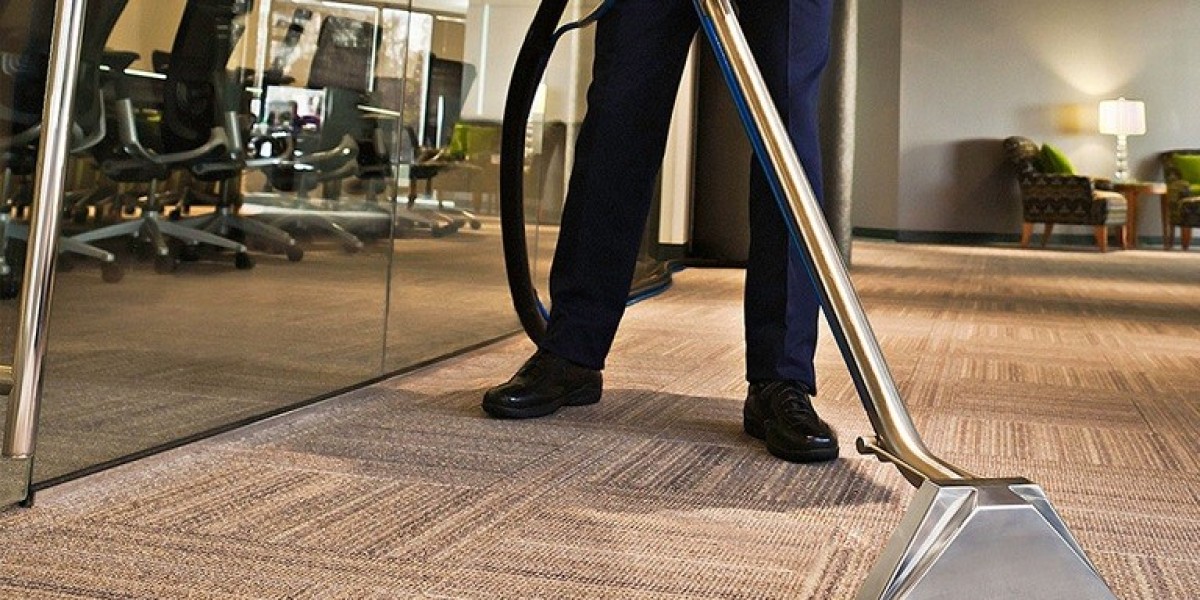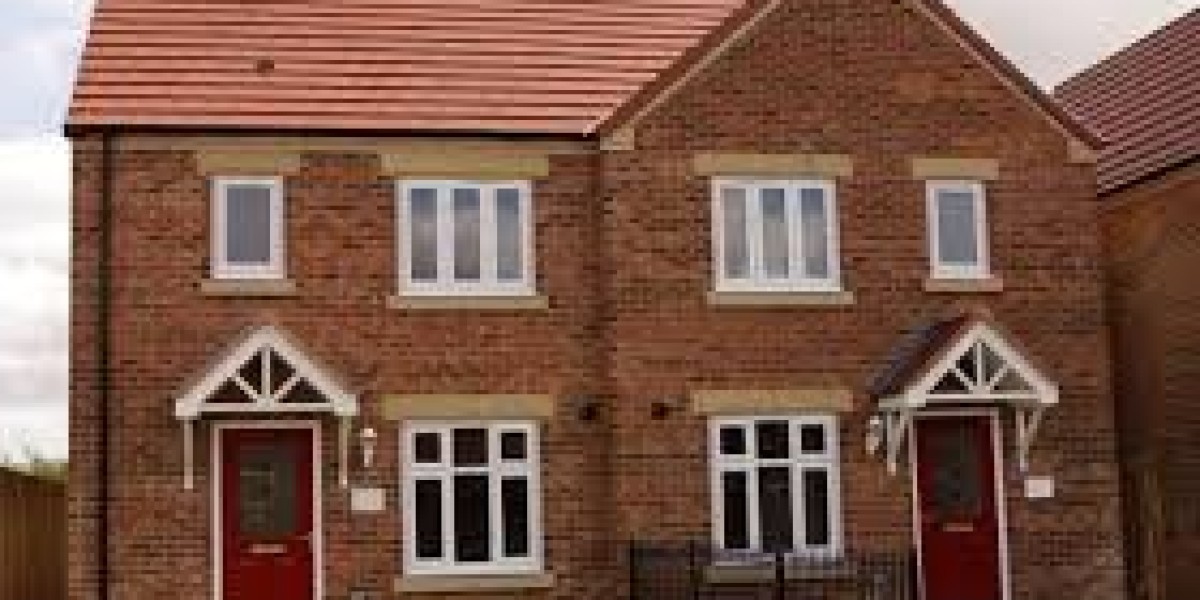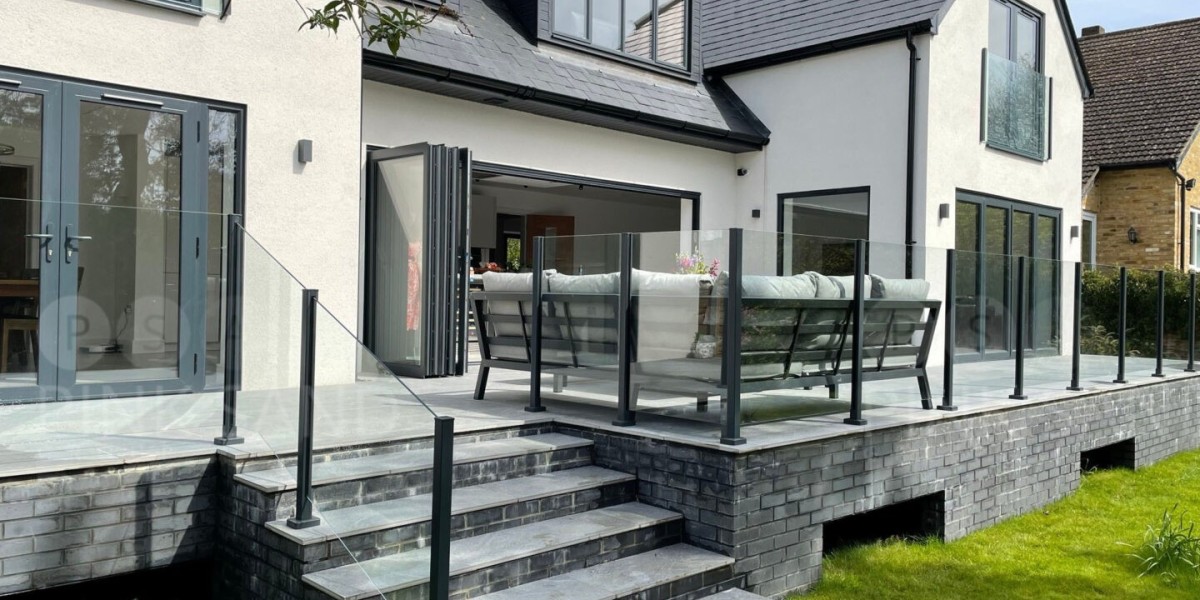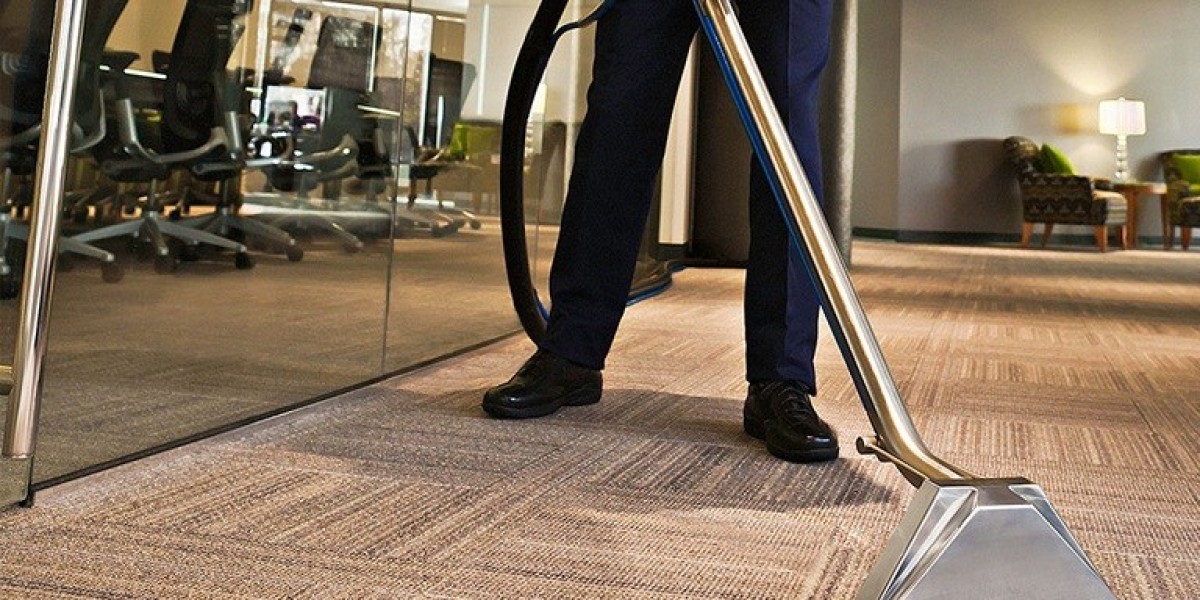In recent years, the window installation industry has witnessed significant advancements, particularly with the integration of smart technology. This evolution not only enhances the functionality of windows but also improves energy efficiency, security, and user convenience. As homeowners and builders seek innovative solutions for modern living spaces, smart window technology emerges as a transformative force in the realm of window installation.
The Shift Towards Smart Windows
Traditionally, window installation focused on physical attributes such as materials, styles, and energy ratings. However, the emergence of smart windows has shifted this paradigm. Smart windows are designed to adapt to environmental conditions and user preferences, offering features that go beyond mere aesthetics or insulation. These windows can automatically adjust their tint, opacity, or even temperature based on sunlight exposure, making them a highly efficient option for energy management.
Energy Efficiency and Sustainability
One of the most significant advances in smart window technology is its potential for energy efficiency. Smart windows utilize electrochromic or thermochromic materials that change their properties in response to heat or light. For instance, electrochromic windows can darken when exposed to sunlight, reducing glare and heat gain, which in turn lowers the need for air conditioning. This feature not only enhances comfort but also contributes to lower energy bills and a reduced carbon footprint.
Moreover, the ability to control window tinting remotely through smartphone apps or home automation systems allows homeowners to optimize their energy use throughout the day. By adjusting the tint based on the time of day or weather conditions, users can maintain a comfortable indoor environment while minimizing reliance on heating and cooling systems.
Enhanced Comfort and Aesthetics
Smart windows also offer improvements in comfort and aesthetics. With adjustable tinting, homeowners can enjoy natural light without the discomfort of excessive heat or glare. This is particularly beneficial in spaces with large windows or those facing direct sunlight. The ability to customize the level of opacity allows for a more personalized living experience, catering to individual preferences and enhancing the overall ambiance of a home.
Furthermore, the sleek design of smart windows complements contemporary architecture. Unlike traditional window treatments such as blinds or drapes, which can clutter a space, smart windows provide a clean and modern look. This seamless integration of technology into design is appealing to both homeowners and architects, making smart windows a sought-after feature in new constructions and renovations.
Security Features
In addition to energy efficiency and comfort, smart windows incorporate advanced security features that enhance the safety of homes. Many smart window systems can be integrated with home security systems, allowing for real-time monitoring and alerts. For instance, if a window is tampered with or left open, homeowners can receive notifications on their smartphones, enabling them to take immediate action.
Some smart windows also come equipped with sensors that can detect break-ins or unusual activity. This added layer of security provides peace of mind for homeowners, particularly in urban areas where crime rates may be higher. The integration of security features into window technology represents a significant advancement in window installation, as it addresses the growing demand for safer living environments.
Installation Process Innovations
The installation process for smart windows has also evolved, making it more efficient and accessible. Traditionally, window installation required skilled labor and extensive time commitments. However, advancements in manufacturing and design have streamlined this process. Many smart windows are now designed for easier installation, with pre-fabricated components that can be quickly assembled on-site.
Additionally, https://innovation4growth.co.uk/how-hiring-an-apprentice-on-a-uk-government-scheme-benefited-ideal-glass-a-case-study/ the use of modular construction techniques allows for faster integration of smart windows into new buildings. This not only reduces labor costs but also minimizes construction time, enabling builders to complete projects more efficiently. As a result, homeowners can enjoy the benefits of smart windows sooner, without the lengthy delays often associated with traditional window installation.
Challenges and Considerations
Despite the numerous advantages of smart window technology, there are challenges and considerations that must be addressed. One of the primary concerns is the initial cost of installation. Smart windows tend to be more expensive than traditional windows due to the advanced materials and technology involved. However, many experts argue that the long-term energy savings and increased property value can offset these initial costs over time.
Another consideration is the need for reliable power sources. While many smart windows can operate on battery power, integrating them into a home’s electrical system can enhance their functionality. Homeowners should consider the implications of this integration, including potential upgrades to their electrical systems.
The Future of Window Installation
As technology continues to evolve, the future of window installation looks promising. Innovations in smart window technology are likely to expand, with new features and capabilities emerging. For instance, the integration of artificial intelligence (AI) could enable windows to learn user preferences and automatically adjust settings for optimal comfort and energy efficiency.
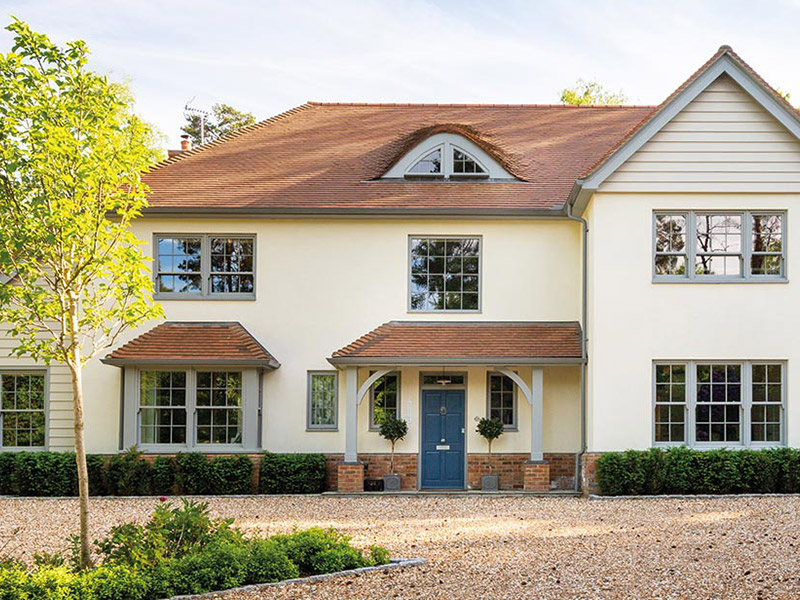
Furthermore, advancements in materials science may lead to the development of even more efficient and sustainable window options. As the demand for eco-friendly building solutions grows, manufacturers will likely focus on creating smart windows that are not only high-performing but also environmentally responsible.
Conclusion
The advancements in smart window technology represent a significant leap forward in the window installation industry. With their ability to enhance energy efficiency, improve comfort, and provide added security, smart windows are revolutionizing the way we think about windows in our homes. As the industry continues to innovate and adapt to changing consumer needs, the future of window installation promises to be bright, offering homeowners a blend of functionality, style, and sustainability that was previously unimaginable. Embracing these advancements will not only improve individual living spaces but also contribute to a more energy-efficient and secure future for all.
